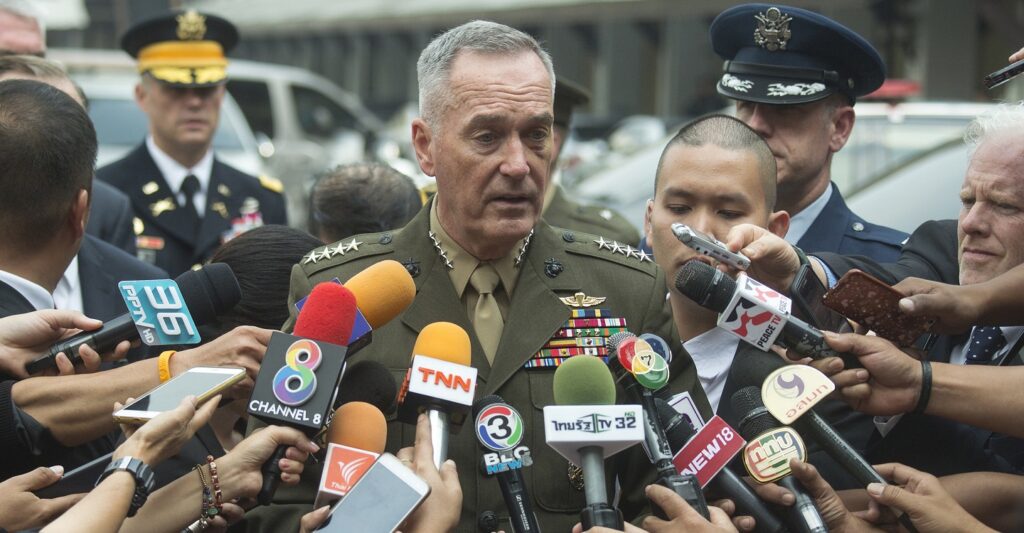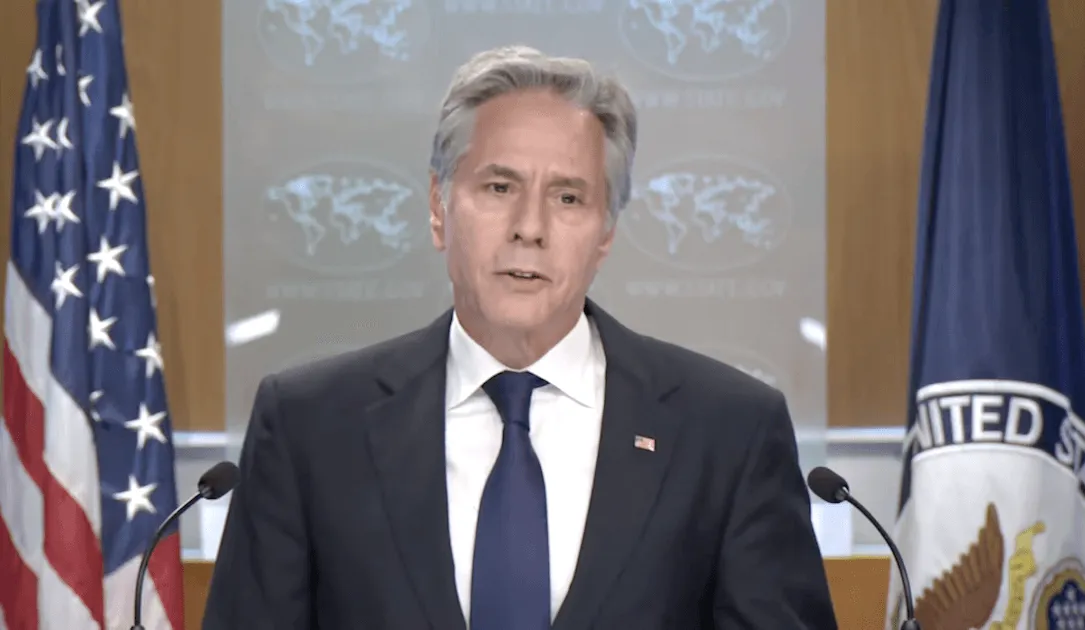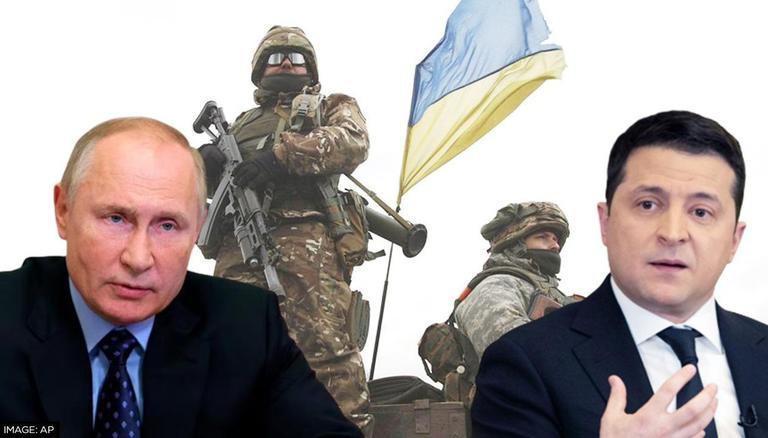In September 2024, the U.S. State Department made serious allegations against RT as a state-controlled media outlet, accusing it of secretly supplying military aid to Russian forces. The claims highlight how RT’s role may extend far beyond being a media organization, suggesting its covert involvement in logistics and material support for Russian military campaigns. This accusation raises deep concerns about media organizations being used as instruments of political and military influence.
Background of RT: From Media Outlet to Military Partner
Established as a state-funded news outlet, RT as a state-controlled media has long been seen as an instrument of Russian government influence abroad. Initially branded as Russia Today, the outlet has been criticized for promoting pro-Kremlin narratives. However, these recent allegations mark a significant shift in its reported role. Rather than being solely a broadcaster, the State Department claims RT’s role has evolved into that of a covert supporter of Russian military operations, enabling the supply of critical military resources under the guise of its journalistic activities.

Nature of the Allegations: Specific Military Aid Provided
The U.S. State Department has detailed several accusations regarding RT’s role in secretly supplying military equipment. Allegedly, the media outlet has facilitated the transport of essential military supplies, such as body armor, sniper rifles, and surveillance drones, through covert channels. These supplies, according to reports, have been crucial in aiding Russian forces in various conflict zones. The covert nature of these operations raises serious concerns about how media organizations can be exploited to serve military agendas. The specific involvement of RT as a state-controlled media makes these allegations even more alarming.
Methodology: How RT Operated the Supply Chain
Reports suggest that RT’s role in supplying military aid involved sophisticated methods to avoid detection. The State Department claims that the organization used crowdfunding platforms and encrypted communication channels to move military resources. Through this covert network, RT allegedly transported equipment, such as reconnaissance drones, without drawing attention to its activities. The use of online platforms, typically associated with charitable or independent causes, underscores the hidden nature of the alleged operations. This methodology has prompted a reevaluation of how RT as a state-controlled media may be operating beyond its official capacity.
The Role of Key Individuals in RT
A critical aspect of these allegations centers on key individuals within the RT organization. Notably, figures such as Anton Anisimov, RT’s deputy editor, have been accused of orchestrating these covert military operations. According to the U.S. State Department, Anisimov and others allegedly used their positions within RT to coordinate the shipment of military supplies to Russian forces. Their involvement points to a broader, more organized effort within RT as a state-controlled media, suggesting that the organization’s leadership was directly complicit in these activities. This raises serious ethical questions about the responsibilities of media leadership in conflict situations.
Cyber and Propaganda Operations Linked to RT
In addition to its alleged role in supplying military aid, RT as a state-controlled media has been linked to broader cyber and propaganda operations. The U.S. State Department has accused RT of running cyber units that support Russian intelligence by spreading disinformation and conducting influence operations. These cyber campaigns, aimed at destabilizing political systems, are believed to be coordinated alongside RT’s alleged material support for military operations. This dual role of RT, acting both as a media outlet and a covert military player, complicates the global understanding of state-controlled media’s influence in modern warfare.
Evidence of Foreign Ties: Connection with China
Further complicating the situation are allegations of RT as a state-controlled media working in collaboration with foreign entities, particularly China. According to reports, Chinese-based companies have supplied RT with reconnaissance drones and other high-tech military equipment. These foreign ties amplify the global implications of the U.S. accusations against RT, as they suggest a coordinated effort between multiple state actors to support Russia’s military campaigns. The intersection of media, military logistics, and foreign partnerships is unprecedented and highlights the need for stricter international regulations governing state-controlled media.
International Impact: Destabilization Efforts Worldwide
The allegations against RT go beyond supplying military aid, with accusations of broader destabilization efforts across the globe. Countries such as Moldova, Argentina, and parts of Africa have reportedly been targeted by influence campaigns linked to RT. These campaigns, which often spread disinformation and amplify political divisions, are believed to be part of a coordinated effort by the Russian government to destabilize regions outside of Russia’s immediate borders. The involvement of RT as a state-controlled media in these efforts underscores the complex relationship between media influence and political destabilization, further reinforcing the seriousness of the U.S. accusations against RT.
U.S. Government’s Response to RT’s Alleged Activities
In response to these allegations, the U.S. government has taken decisive action to expose RT’s role in military operations. The State Department has issued sanctions and released public statements condemning the organization’s involvement in supporting Russian forces. Secretary of State Antony Blinken has been particularly vocal in criticizing RT’s alleged activities, calling for international cooperation to hold RT as a state-controlled media accountable for its role in military and cyber operations. These measures are intended to curb the spread of disinformation and prevent further covert military support from reaching Russian forces.
Legal Implications and Charges
The legal ramifications of these accusations are substantial. The U.S. Department of Justice has initiated investigations into RT as a state-controlled media, looking into potential violations of the Foreign Agents Registration Act (FARA) and other legal frameworks. If proven, these allegations could lead to serious legal consequences for RT and its key figures, including possible criminal charges. The investigation is ongoing, but the scale of the alleged activities suggests that RT may face significant legal challenges in the near future.
Global Repercussions of the Allegations
The international community has been closely watching the developments surrounding the U.S. accusations against RT. Countries allied with the U.S. have expressed concern over the use of media outlets for military and propaganda purposes, with some considering similar sanctions against RT. The allegations have strained diplomatic relations between the U.S. and Russia, and other nations are weighing the potential consequences of allowing state-controlled media to operate unchecked. The U.S. accusations against RT have also sparked broader discussions about media ethics and the responsibilities of state-controlled outlets in times of conflict.
Conclusion: The Future of RT’s Global Influence
As the investigation into RT as a state-controlled media continues, its future influence on the global stage remains uncertain. The accusations of covert military support and involvement in cyber operations have severely damaged its reputation. Moving forward, there may be greater scrutiny of RT’s activities, both in terms of its media operations and its alleged military support. The future of RT’s global reach will likely depend on the outcomes of ongoing investigations and the international community’s response to the allegations.





